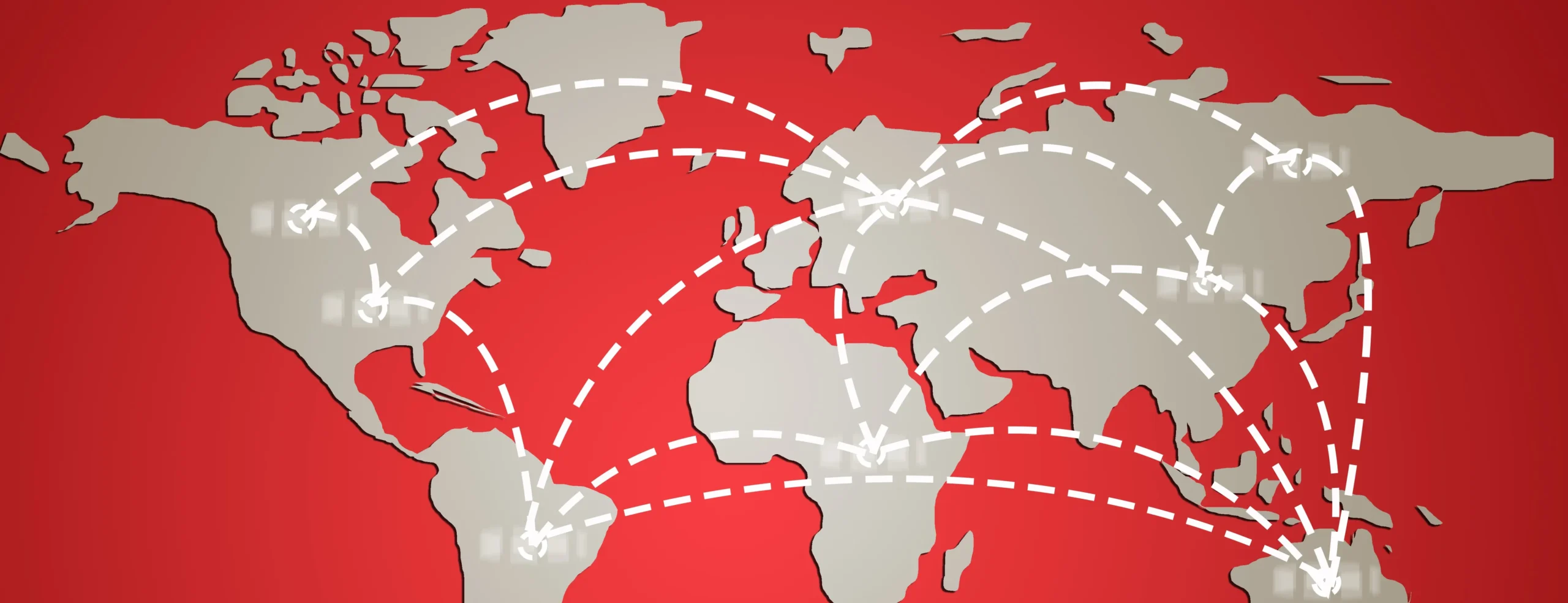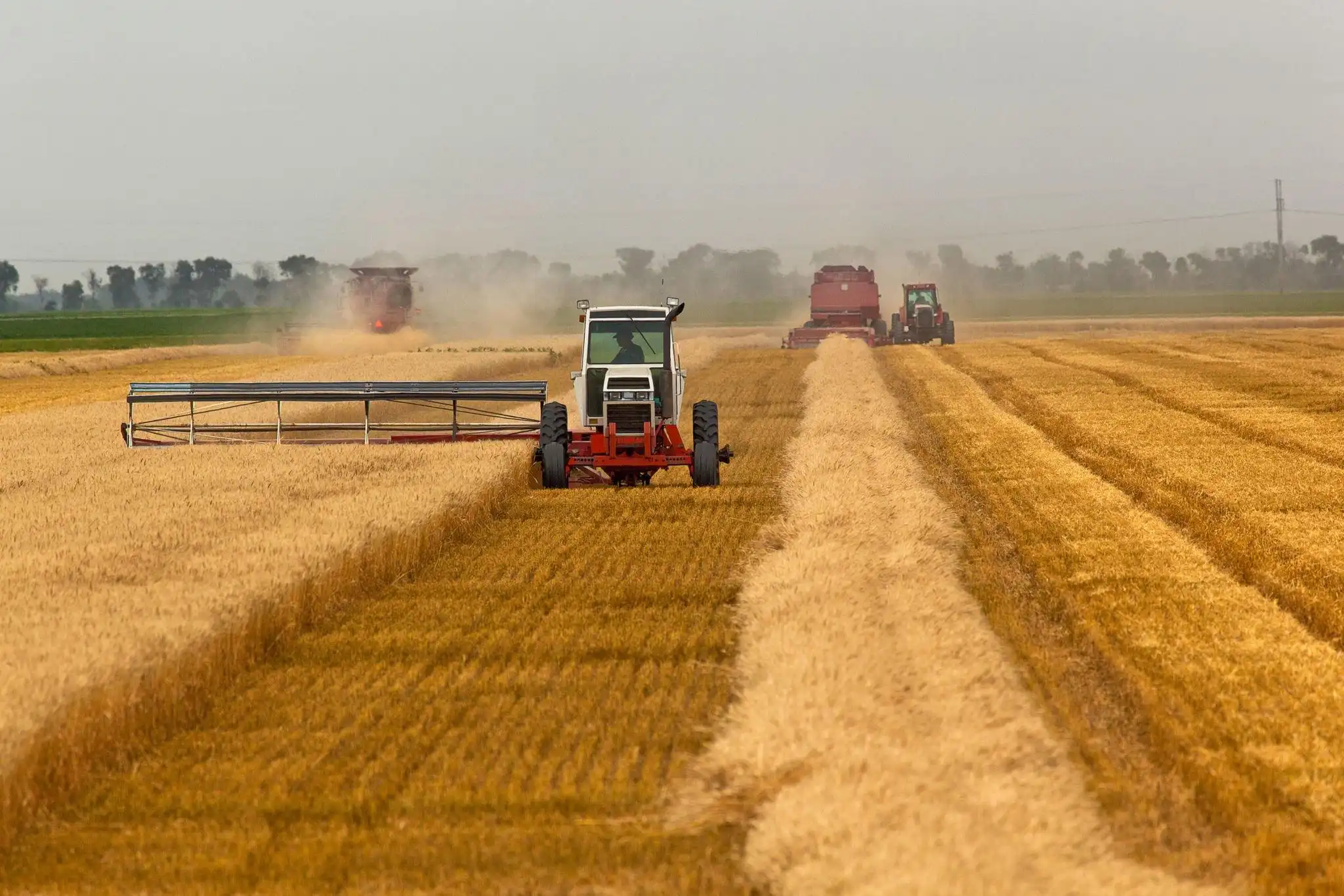13 Aug 2024
Stock Market Decline: More Trouble for the Global Economy?
The stock market dropped significantly on Aug. 5, 2024, following a period of high volatility. Concerning economic indicators from the United States (U.S.) and an unexpected interest rate hike by the Bank of Japan were major factors in this collapse. Major world indexes experienced a severe drop, but they recovered within 24 hours. Even with this rapid recovery, the incident may be a hint that the world economy is about to slow down.
4 Aug 2024
Saudi Arabia’s Economic Ascent and Persistent Challenges
With GDP of more than $1 trillion USD, Saudi Arabia is the largest economy in the Middle East. A country well-known for its enormous oil reserves has been making significant steps to alter its position in the global economy. These reforms are part of a bigger plan to diversify the country’s economy and lessen its dependency on oil revenues. Consequently, the evolving economic landscape of Saudi Arabia will be explored, with a focus on its diversification efforts, investment strategies, and the obstacles it must overcome to emerge as a global leading economy.
23 May 2024
China’s Economic Slowdown: Strategic Responses and Global Implications
China, despite being the second-largest economy globally, encounters challenges such as a distressed real estate sector, reduced domestic consumption, and high debt levels. In response to these obstacles, the government is enacting policies aimed at encouraging domestic spending, mitigating the real estate downturn, and cultivating innovation to ensure sustainable development. The way these measures are implemented will not only impact the economic trajectory of China, but also that of the entire world.
17 Apr 2024
Rise of Regional Investment Blocs: A New Era of FDI Fragmentation
The world economy is at a turning point, with a visible tendency to reverse the integration that was seen in the last decades of the 20th century. Growing scepticism about the benefits of globalisation, particularly in developed countries, accompanied the sluggish recovery after the Global Financial Crisis (GFC). This uncertainty led to a purposeful policy change away from integration known as geoeconomic fragmentation (GEF). A variety of policies impacting capital flows, worker mobility, and trade are included in GEF. GEF policies are motivated by a variety of factors, such as correcting internal economic inequities, economic competition, and national security concerns. Foreign direct investment (FDI), which has been declining recently, particularly in emerging countries, is another indication of how this trend toward GEF has affected FDI and the need for quick action to reverse it.
6 Nov 2023
Israel’s War is Testing its Economic Resilience
The conflict between Hamas and Israel has been ongoing for the past four weeks, resulting in a devastating loss of life. Over 9,056 Palestinian casualties have been reported, while the Israeli side has suffered approximately 1,728 casualties. In addition to the profound human casualties, the conflict has negatively impacted the Israeli economy and is testing its resilience.
2 Mar 2023
In the Eye of the Storm: Food Security in MENA Region
According to a report by the United Nations Food and Agriculture Organization (FAO) on the state of food security and nutrition in the world in 2022, it is estimated that between 702 and 828 million people were affected by hunger in 2021, consisting of 278 million people in Africa, 425 million in Asia, and 56.5 million in Latin America and the Caribbean. The number has grown by about 150 million since the outbreak of Covid-19. The Russia-Ukraine War, involving two of the biggest producers in agriculture and staple cereals globally, is disrupting supply chains and further affecting global grain, fertilizer, and energy prices, leading to shortages and fuelling even higher food price inflation. Additionally, food security is a significant challenge in the Arab region, which is facing rising economic, socio-political, and environmental challenges impacting the food security of its growing population.
Hence, our study has examined the factors that affect food security, and our analysis allowed us to determine the top five factors affecting food security: climate change, conflict, overpopulation, inflation, and scarce resources. The study will analyze each factor separately and their effect on food security globally and in many regions, with a focus on the Arab region. Secondly, the study will analyze factors of food insecurity separately and its impact on four significant countries: Egypt, the United Arab Emirates, the Kingdom of Saudi Arabia, and Jordan.
We found that the factors we examined have mainly negative effects on food security, with the exception of climate change, which will positively affect some regions for the time being, and natural resources, which has some aspects that effect food security positively. Additionally, we found that the factors are interconnected since for example, conflict negatively affects food security, and it could increase food prices, as in the current Russia-Ukraine War. Likewise, the adverse impacts of climate change are expected to raise food prices further and dampen the region’s food demand translating into direct increases in malnutrition levels.
Finally, after reviewing the effects of factors on food security, we elaborated some recommendations in order to deal with the adverse effects.





